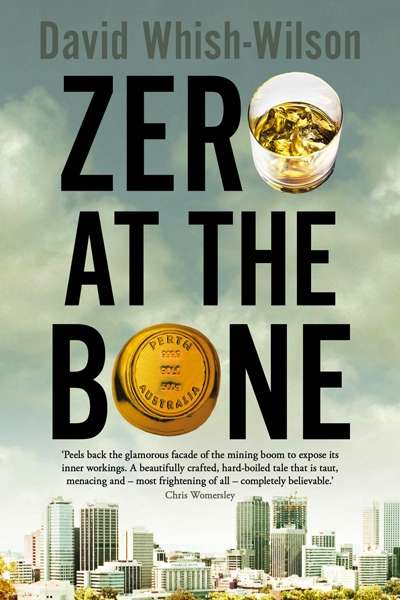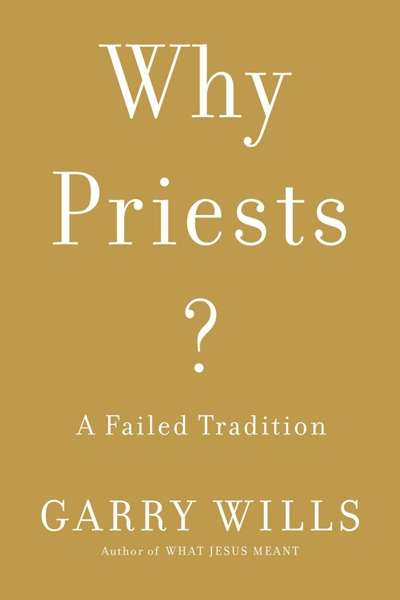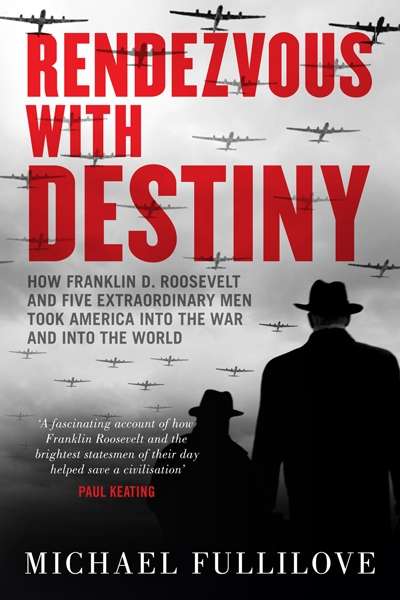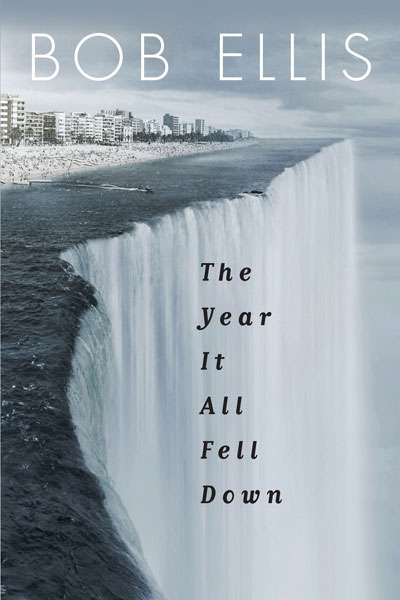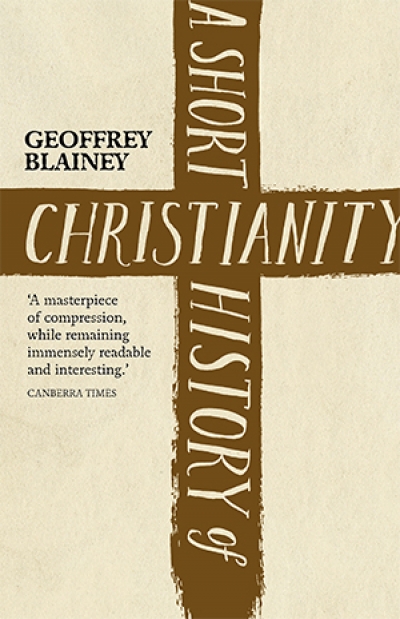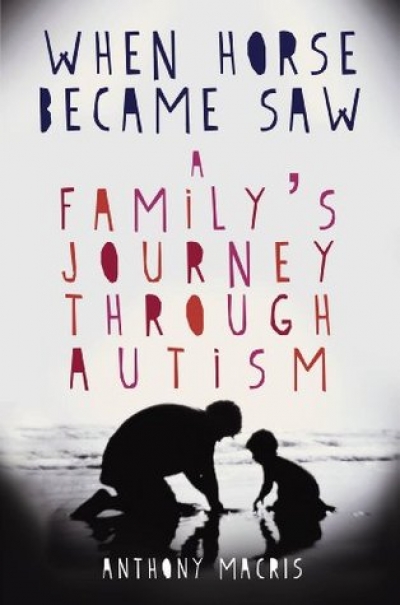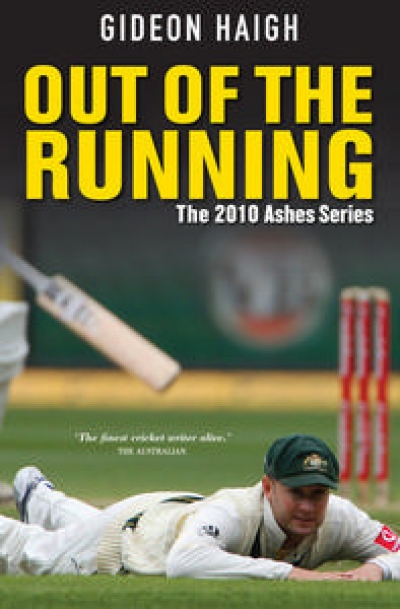Viking
Rules of Summer by Shaun Tan & Kissed by the Moon by Alison Lester
by Margaret Robson Kett •
Rendezvous with Destiny: How Franklin D. Roosevelt and Five Extraordinary Men took America into the War and into the World by Michael Fullilove
by Dennis Altman •
Black Kettle and Full Moon: Daily life in a vanished Australia by Geoffrey Blainey
by John Hirst •
When Horse Became Saw: A Family’s Journey through Autism by Anthony Macris
by Jo Case •
Out of the Running: The 2010–11 Ashes series by Gideon Haigh
by Bernard Whimpress •

